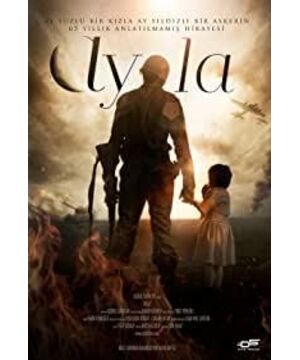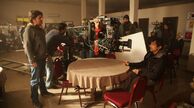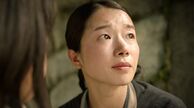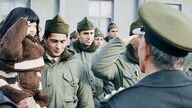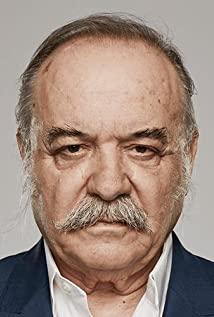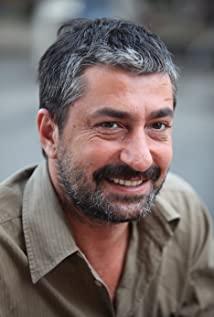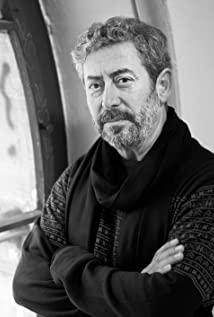In addition to slapping and killing, war-themed movies can be shot from many angles. Orphans left on the Korean battlefield are a good subject. From another perspective, looking at the war from the southern part of the battlefield on the Korean peninsula is not from the perspective of South Korea, nor from the perspective of the United States, but from the perspective of Turkey, which seems to have nothing to do with the war.
The Korean battlefield is not only the US imperialist, but also the United Nations army composed of troops sent by 16 countries under the leadership of the US imperialism. After World War II, the Soviet Union made territorial claims to Turkey, and a conflict broke out with Turkey in the Bosphorus. This turned Turkey, which had remained neutral during World War II, to the United States and joined NATO, actively integrating into the West. When the Korean War broke out, the Turkish government sent a 4,500-strong Turkish brigade to the Korean Peninsula to join the United Nations Army. Suleiman is one of them.
In order to highlight this international background, the film has worked hard on the soundtrack. There are not only Turkish music in the film, but also Marilyn Monroe's songs, and "Arirang" from the Korean peninsula, but there are often Chinese music that does not match the style of the painting, which sounds very funny. The background music of Suleiman and his daughter playing in Tokyo is actually "Turn Over Serpent Singing" reflecting the liberation of Tibetan serfs. Maybe the director didn't understand the so-called oriental elements well enough. Nonetheless, the flaws do not hide the flaws.
The film is based on a true story. Suleiman adopted an orphan on the battlefield, and gave the little girl the Turkish name "Ayla", and lived together on the Korean battlefield until after the war, he sent the child to a Turkish-aided facility. Ankara school, Suleiman can only return home alone.
Suleiman has been trying to find Ella since returning home, and even while watching the news, as soon as she sees a Korean figure, she struggles to make out that her daughter will be on TV.
The two father and daughter are finally reunited in South Korea after 60 years. The two have no blood relationship, different cultures, different religions, and different languages. It's more tear-jerking and more thought-provoking than any heroic campaign.
At that time, there were as many as 100,000 war orphans like Ella. Some stayed in the Korean peninsula, and some were even sent to distant Eastern Europe. Documentaries such as Children Sent to Poland (폴란드로간아이들) and Children of Kim Il Sung (김일성의아이들) also reflect this history.
Every war brings great pain to mankind, whether it is the victorious side or the defeated side. It will take longer to heal the pain. In the 21st century, isn't the war fought by human beings enough? At this time, war films should no longer arouse the enthusiasm of people to go to the battlefield to kill the enemy, but should let the audience learn to think, and let us see that the future of mankind is peace.
View more about Ayla: The Daughter of War reviews


